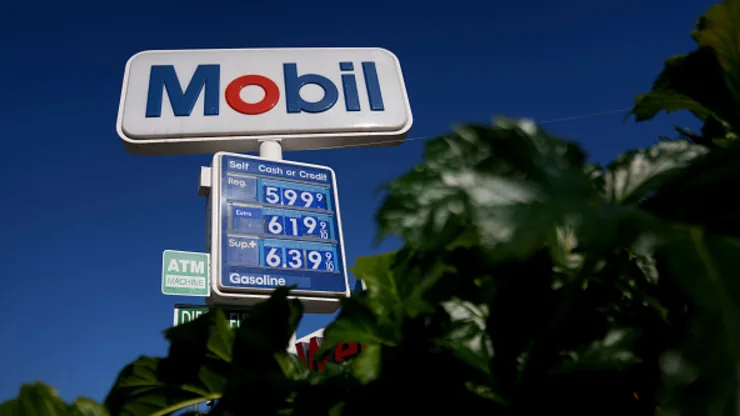
Crude oil futures rose Thursday, recouping losses from earlier in the session, as tensions in the Middle East continued to mount.
West Texas Intermediate crude for May delivery gained $1.16, or 1.36%, to settle at $86.59 a barrel. Brent for June delivery advanced $1.30, or 1.45%, to $90.65 a barrel. It was the highest settlement price for both since Oct. 20.
The Jerusalem Post reported that Israeli embassies had been put on high alert after Iran vowed retaliation over a missile strike on its consulate in Damascus earlier this week. Israel Defense Forces have cancelled home leave for combat troops amid escalating confrontation with Tehran, according to the Times of Israel.
And President Biden on Thursday warned Israel Prime Minister Benjamin Netanyahu that strikes against aid workers and the humanitarian situation in Gaza are “unacceptable.” Biden told Netanyahu that U.S. policy on the war in Gaza will be determined by steps Israel takes to address humanitarian suffering.
The president’s warning came after an Israeli strike this week killed seven World Central Kitchen aid workers, including a U.S.-Canadian dual citizen.
Oil prices have rallied this year, booking three consecutive months of gains, with U.S. crude adding nearly 21% while Brent is up 18%. The rally has been driven by geopolitical tensions in the Middle East and Eastern Europe as well as a tightening global crude market.
The escalating tensions between OPEC member Iran and Israel have raised renewed fears of a conflict in the Middle East that could squeeze oil supplies. But John Kilduff, founding partner at Again Capital, said Ukraine’s drone strikes against Russian oil infrastructure are what is really affecting prices.
“The bar is much higher than people realize in terms of there being any kind of conflagration in the region that would impact oil flows,” Kilduff said of the Middle East.
“The Ukrainian strikes against Russian infrastructure really registered with the market,” Kilduff said. “We have damaged refining infrastructure in Russia and other infrastructure and it has impacted their production capacity.”
“For the first time since this war started, we may end up finally having material amounts of Russian supply off the market,” Kilduff said. “They’re just not stopping despite the Biden administration asking them to knock it off.”
Gasoline prices at the pump averaged $3.57 per gallon nationwide Thursday, the highest since Oct. 18, according to data from the American Automobile Association. Gas prices typically rise as the summer driving season draws near, but growing geopolitical tensions and tight crude market are also at play.
The global oil market is also expected to enter a deficit of 450,000 barrels per day in the second quarter with demand growing while global inventories fall as OPEC+ members voluntarily lower production, according to Bank of America.
An OPEC+ committee on Wednesday recommended no changes to the group’s current production policy. Some members are voluntarily slashing 2.2 million barrels per day.